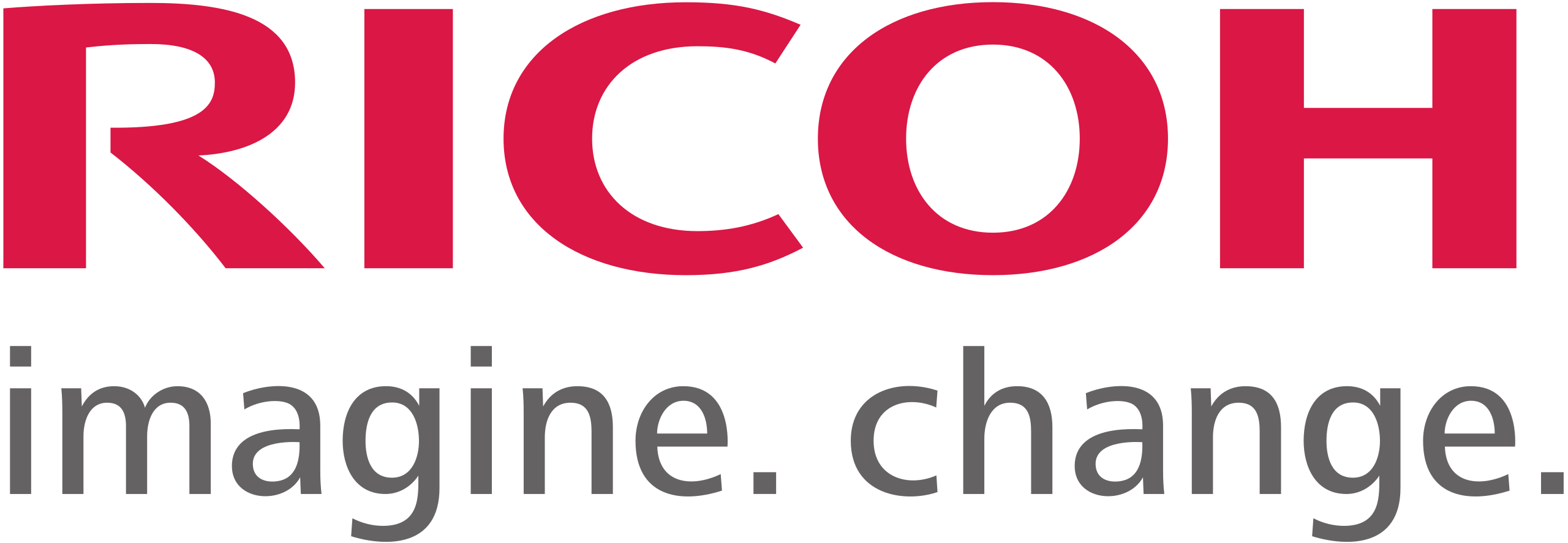6 min read
Quick Guide To Hybrid Cloud Solutions For Small Business
By:
Kali Mogg
on
October 16, 2019
Updated: June 30, 2021

A hybrid cloud system is a unified, flexible and cost-optimal cloud-based IT infrastructure solution that combines private and public cloud services. It can provide your business with the functionality required to optimize workloads and move between services as needed.
So what does that mean for your business? To start, hybrid clouds offer better technical functionality and world-class infrastructure at an optimal cost. Moving to a hybrid solution also helps your business improve cost-effectiveness while increasing security, improving productivity and facilitating collaboration.
This quick guide will teach you how hybrid cloud solutions work and how they can benefit your company - all without compromising performance, business data security, reliability, and availability.
Cloud Services Are More Than Just Storage
Most people are familiar with the use of USBs and hard drives. For anyone that remembered the days of rooms full of filing cabinets and floppy disks, they were a technological miracle that freed us from endless file organization and maintenance.
Technological innovation moved forward and brought us to a place where we could store documents online with data storage services like Google Drive and Dropbox. These services were always online and provided us with the convenience of accessing our documents anywhere there was an internet connection.
Modern cloud offerings today feature more than just storage. Businesses of all sizes now have an abundant choice of cloud-deployed software as well as core IT applications that allow them to outsource critical business operations to cloud-based providers. Besides improving functionality, this enables companies to focus resources on their core business instead of endless IT investment and maintenance.
How Hybrid Cloud Solutions Work
Traditional hybrid cloud architecture worked by transforming on-premise business data centers into a private cloud infrastructure. The private cloud was then connected to a public cloud environment hosted by a provider such as Google Cloud Services, Amazon Web Services, Microsoft Azure or IBM Cloud.
Modern hybrid cloud architecture is less connectivity-focused. Rather than emphasizing physical connectivity, modern solutions work to support the portability of workloads to the most efficient cloud environment according to their purpose. This shift is being driven in part by new applications being developed that require reliable deployment, management and performance across different cloud environments and vendors.
Benefits of Hybrid Cloud Solutions
The unified structure of a hybrid cloud solution benefits developers, service providers, regulatory bodies, and businesses like yours. According to an IBM survey, 13% of organizations are currently using an active multi-cloud management platform, and their use is expected to grow. Some of the significant benefits already being realized include:
Increased infrastructure efficiency
Hybrid clouds give managers granular control over development and resource allocation. They also give IT teams the ability to optimize resources across both private and public cloud services and cloud vendors.
Improved developer productivity
Unified hybrid cloud platforms help increase the adoption of critical developer methodologies and facilitate collaboration across development teams.
Increased business acceleration
Hybrid cloud infrastructure means better products and services for businesses of all sizes, accomplished through shorter product development cycles and accelerated innovation. Hybrid clouds also catalyze product development through faster feedback and application delivery, in addition to facilitating rapid integration of new products and services with other companies and business partners.
Hybrid Cloud Services Offer Unparalleled Security
When considering cloud services, many business owners and managers question the safety of uploading sensitive data to a cloud storage provider on the internet. The most common questions asked include:
- Do employees at service providers have access to my files? Can they share them or sell our data?
- Can hackers break into provider servers and steal company data?
- Is data transmission between my company and the service provider secure?
Considering how news on the internet travels fast, the answer to all these questions lies in the reality that bad publicity from a single breach can result in massive company losses. Just one survey from Bank of America Merchant Services confirms that 30% of consumers would terminate services with a business that suffered a data breach.
That’s why cloud service providers take extreme measures to ensure that your data is safe and secure through authorization and access systems that let them know when, how, and who has accessed your data. Here is a quick breakdown of some of the measures service providers take to provide top data security:
Network Protection
Network threats like phishing, Denial of Service (DoS) attacks and penetration threats compromise data security. Cloud service providers protect their data center with tools like firewalls and alert mechanisms that identify suspicious IP addresses, unusual network traffic and other questionable activity.
.png?width=650&name=Copy%20of%20Quote%20Graphics%20(34).png)
Automated security monitoring
Reputable cloud service providers have infrastructure in place that maintains real-time, automated security monitoring that raises alerts when threats are detected. These monitoring systems are used to detect unauthorized data access as well as data transfers outside the network.
Strong access control systems
Cloud service providers do not give employees standing access to your files. Known as “zero standing access”, this policy specifies that employees cannot access a client’s files unless a specific incident warrants action on their behalf. These internal access controls keep your data safe from unauthorized access and maintain top security for your documents.
Encrypted data transit
Authenticated connections over HTTPS ensures that your data is encrypted when it travels between data centers. Data encryption uses algorithms that convert your data into “ciphertext” while it’s being transferred. Also known as “encryption in transit”, this process protects your data using transport layer security (TLS) encryption, ensuring that it cannot be read while being moved from one system to another.
Stored data protection
Reputable data centers have tight on-premise security with limited employee access to stored client data. Employee identity is typically verified with multi-factor authentication that includes biometrics. Along with identity verification, data centers have a variety of on-premise personnel that use checkpoints, motion-sensors, alarms and video surveillance to protect servers from cybercriminals.
Additional Data Center Security Measures
Other measures taken by cloud service providers to ensure your data is secure include:
Application security - the use of protocols that perform manual and automated analyses to prevent security vulnerabilities.
Data mirroring - the use of another cloud hosting data center at a different physical location that stores data backups in case a cyberattack or natural disaster compromises safety or destroys your data.
Continuous software updates - that ensure each drive and machine at the data center is up to date with the latest software and anti-virus signatures.
Deletion protection - the use of disaster recovery methods that can restore your data in case a large number of files are accidentally deleted.
Is a hybrid cloud solution right for your business?
Not all workloads are created equal. That’s why a hybrid cloud system combining public cloud, private cloud, and on-premise solutions can give your business the flexibility and scalability needed to grow and thrive in the rapidly evolving digital environment.
Standley Systems can help you understand your workloads, resolve pain points and tailor a solution that fits your business needs. Our experts can give you a comprehensive assessment of your current infrastructure and provide insights into how a hybrid cloud computing solution can improve your business’s efficiency, productivity, and security.













